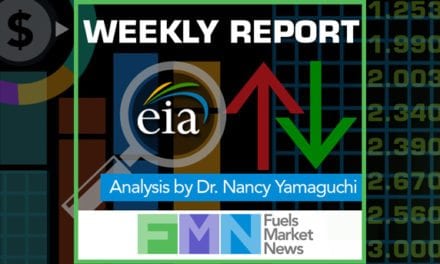Booster, a leading same-day fuel delivery service, announced the passage of an Executive Order by the California Air Resources Board (CARB), the first time in more than 20 years the powerful California regulator has certified a new method of air pollution control for gasoline dispensing. The Order acknowledges that mobile fueling technology achieves the nation’s strictest air quality standards.
The CARB Order creates an official certification for cleaner, more efficient and lower-emission delivery technology. The system Booster uses reduces emissions and nearly eliminates spillage caused during fuel transfers and storage, while gas stations could be causing evaporative losses of as much as 7 gallons per day. The long-awaited Order is a critical step in supporting an emerging and more environmentally-conscious industry.
“We welcome CARB’s move to certify a new method of refueling that puts the environment and customer safety first,” said Frank Mycroft, CEO and Co-founder of Booster Fuels. “These procedures allow a best-in-class service to operate with modern technologies, resulting in lower emissions alongside the many safety and social benefits offered by Booster.”
Local regulators have struggled to apply the antiquated regulatory conventions of traditional brick and mortar gas stations to on-demand mobile service. Meanwhile, supporters highlight the environmental benefits, accessibility to persons with disabilities, and improved safety of contactless service for communities in times of contagious disease. In comparison, gas station operations have been cited for their potential disease-spread due to high-touch public surfaces.
“In passing this order, California shows that there is an alternative to traditional gas stations that reduces emissions,” said Joseph Okpaku, Chief Policy Officer of Booster Fuels. “The country’s leading state environmental regulator recognizes the use of our technology in respecting environmental standards and bringing a diversity of consumer choice to the market at a time when society is demanding more environmental efficiency from the transportation sector. As an added benefit, the service is better for human health.”
The CARB Order is one of a series of regulatory actions taken around the country in recent years on the topic of mobile fueling. In 2020, the cities of Seattle and Dallas lifted barriers to the industry. Last spring, the nation’s capital also permitted Booster Fuels. Demand for contactless mobile fueling has also shot up as consumers and businesses observe shelter-in-place guidelines in response to the coronavirus crisis. Considered an essential service, Booster is delivering fuel to commercial vehicles and critical workers who are helping to keep the infrastructure up and running during these unprecedented times.








